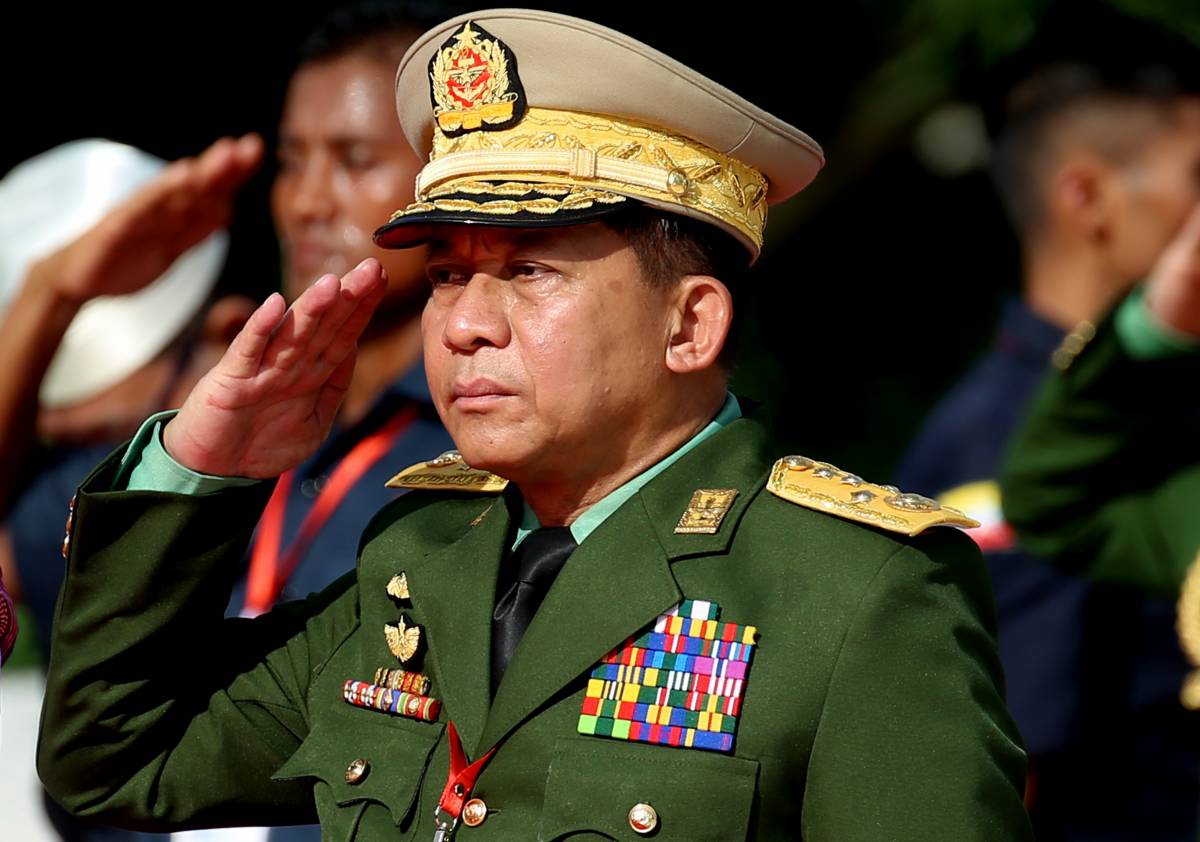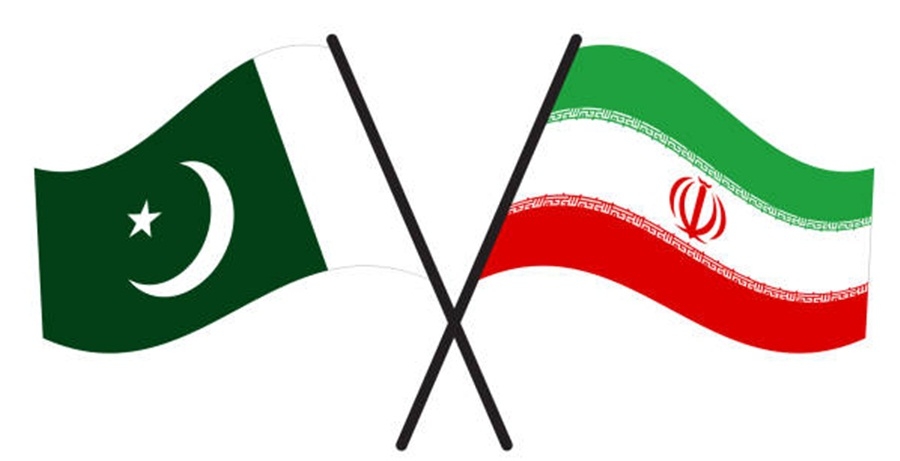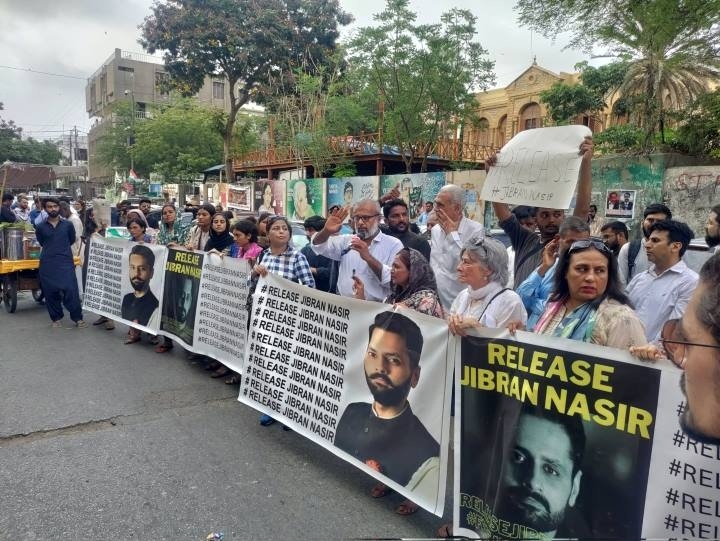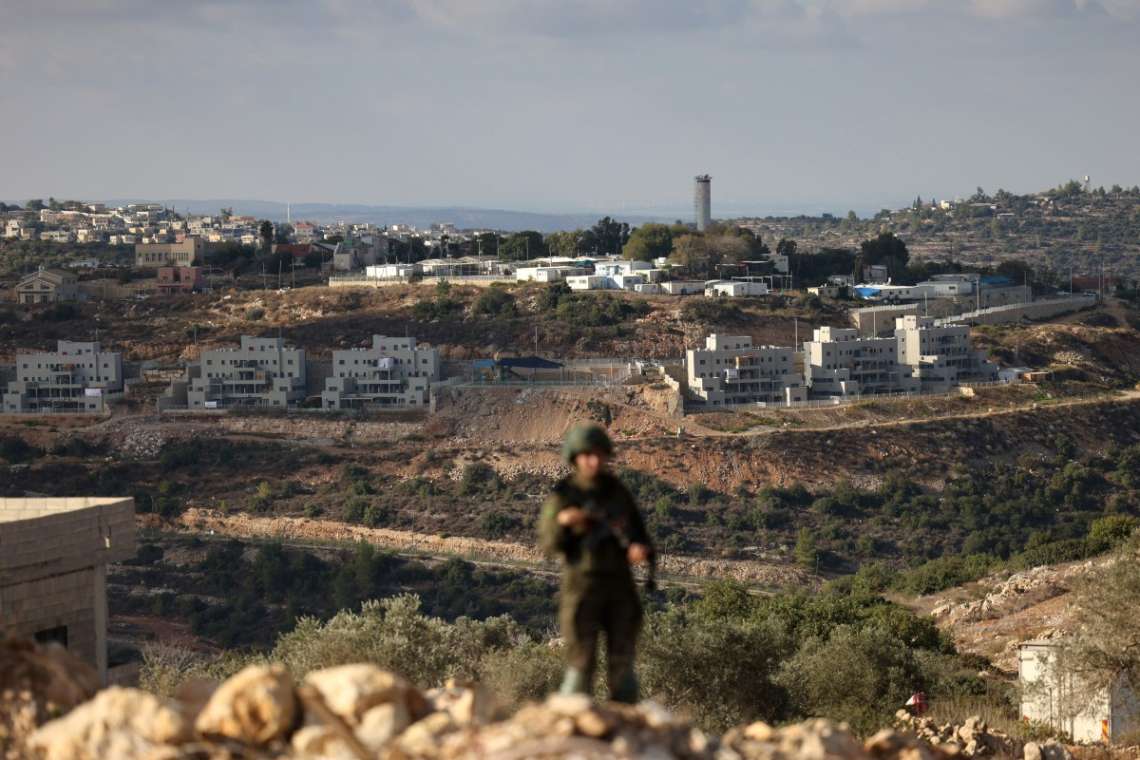The Myanmar situation, where China has positioned itself as a mediator, has become a focal point for Western nations evaluating China’s motivations. The fear is that China might leverage its influence to advance not only regional stability but also to secure economic advantages and strategic positioning
The global community is closely watching unfolding developments in Myanmar and China’s role in resolving the conflict in Myanmar. Even as a ceasefire was declared a few days ago after China-mediated talks concluded in Kunming in South West China’s Yunnan province, the tension in the different parts of the country has increased manifold. News of Myanmar’s junta breaking a recent ceasefire in northern Shan State with continuing airstrikes has come in. The Ta’ang National Liberation Army (TNLA) has confirmed the violation of the ceasefire.
For China, brokering a peace between the junta and rebel groups in Myanmar has become a matter of repute. The real test is whether the ceasefire holds. How long will the ceasefire last? What will happen if any of the groups violates the ceasefire? Earlier, ceasefire agreements have rapidly collapsed including a temporary deal last month.
China has been trying to become the biggest actor in global talks after it brokered a deal between Saudi Arabia and Iran last year. China faced criticism after it portrayed itself as neutral in the Russian-Ukraine and Israel-Hamas wars by the West. China’s efforts for peace In both conflicts have produced few visible results.
The total turnaround in its earlier approach from non-interfering to mediator in conflicts has raised suspicion about the real intention behind it. Way back in March 2021, China condemned the violence against civilians, halted investments and engaged with the exiled National League for Democracy (NLD) members. In 2023, this support changed dramatically as it adopted a new diplomatic approach. China began giving signals of change in its approach in April 2023 when the secretary of the Chinese Communist Party’s (CCP) Yunnan Provincial Committee Wang Ning reached Naypyidaw. The envoy from the CCP later that month visited Myanmar to hold discussions with former junta leader Than Shwe who had nurtured closer relations with China than Min Aung Hlaing. The envoy had also met former president Thein Sein. According to available reports, these meetings were intended to ask the former leaders to advise Min Aung Hlaing to forge closer ties.
In Myanmar‘s case, China’s proactive role in facilitating talks and calling for a “soft landing” in conflict areas, such as northern Myanmar, has triggered scepticism. Critics argued that China’s involvement may extend beyond the pursuit of regional stability and could potentially serve broader geopolitical interests.
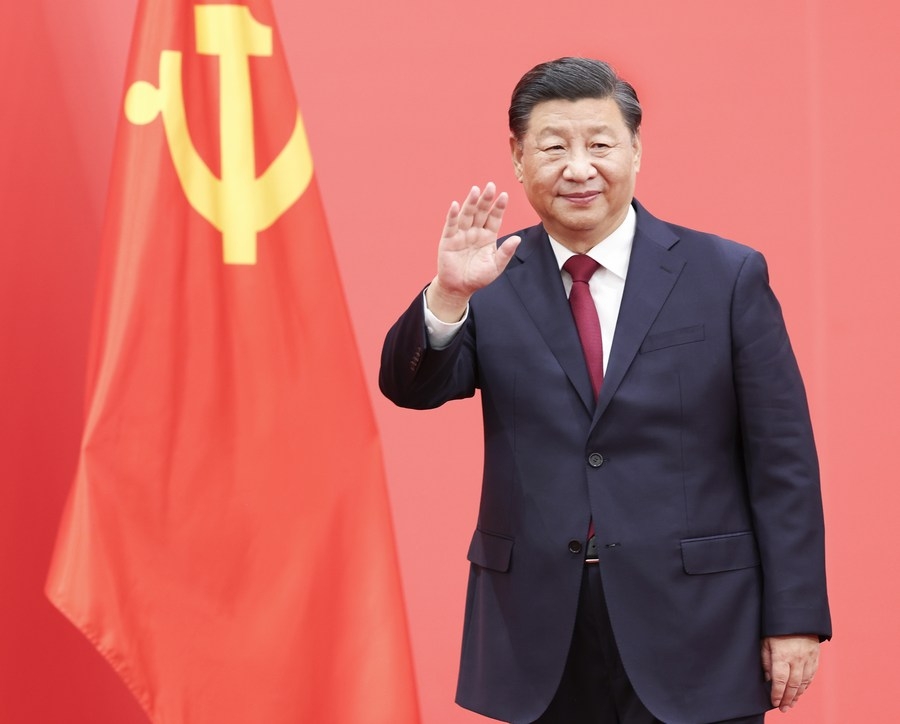
Western experts are concerned about China’s ambition to expand its global influence, economic dominance, and strategic partnerships. As it continues to assert itself on the international stage, Western nations are closely scrutinizing its motives, especially in regions where geopolitical interests intersect.
The Myanmar situation, where China has positioned itself as a mediator, has become a focal point for Western nations evaluating China’s motivations. The fear is that China might leverage its influence to advance not only regional stability but also to secure economic advantages and strategic positioning.
Meanwhile, China-led mediation efforts seem to have started showing an adverse impact on the military junta and its dictator. News reports suggested that Myanmar’s Dictator Min Aung Hlaingh been facing calls to resign From Some of His Most Ardent Supporters. A news portal of Myanmar cited him as incompetent, selfish and spineless, accusing him of guiding a military once considered invincible into a state of inconsolable shame and desperation. A high-profile regime cheerleader MaungMaung clearly stated that Three years is enough for U Min Aung Hlaing,” MaungMaung announced on his YouTube channel. The incident is being seen as the result of China’s mediation, said a few experts. The military has lost control of about 30 towns, several hundred bases and outposts – including command centres – to resistance forces across the country in less than three months.
The China-mediated ceasefire effort has posed the biggest threat to the junta and military ruler since power was seized on February 1 2021. Available reports suggested that the junta has bowed to the United Wa State Army’s demand for administrative control of Hopang and Panlong towns in northern Shan State. The transfer of the two towns to Myanmar’s most powerful ethnic army expands Wa Self-Administered Division east of the Salween River. The two towns were seized by the Brotherhood Alliance on January 5 following the surrender of over 700 junta troops.
The alliance – comprising the Arakan Army, the Myanmar National Democratic Alliance Army and the Ta’ang National Liberation Army – subsequently gave the two towns to the United Wa State Army.
Chinese Foreign Ministry spokeswoman Mao Ning on ceasefire claimed that both sides have agreed to implement an immediate ceasefire, disengage their military personnel and settle disputes through peace negotiations. She called on all parties to earnestly implement the agreement, exercise maximum restraint and address issues through dialogue. They also promised not to compromise the safety of Chinese people living near the border and Chinese projects and personnel in Myanmar.
What the compelling reasons for China to mediate is the moot question. Regional experts said that China’s efforts were motivated mainly by self-interest including economic and trade interests. Available reports suggested that the armed conflict between the Myanmar junta and ethnic groups has caused a daily loss of about USD 10 million in bilateral trade between China and Myanmar, although the loss is more damaging for Myanmar than China. However, Beijing’s efforts will unlikely have a significant effect on the conflict

